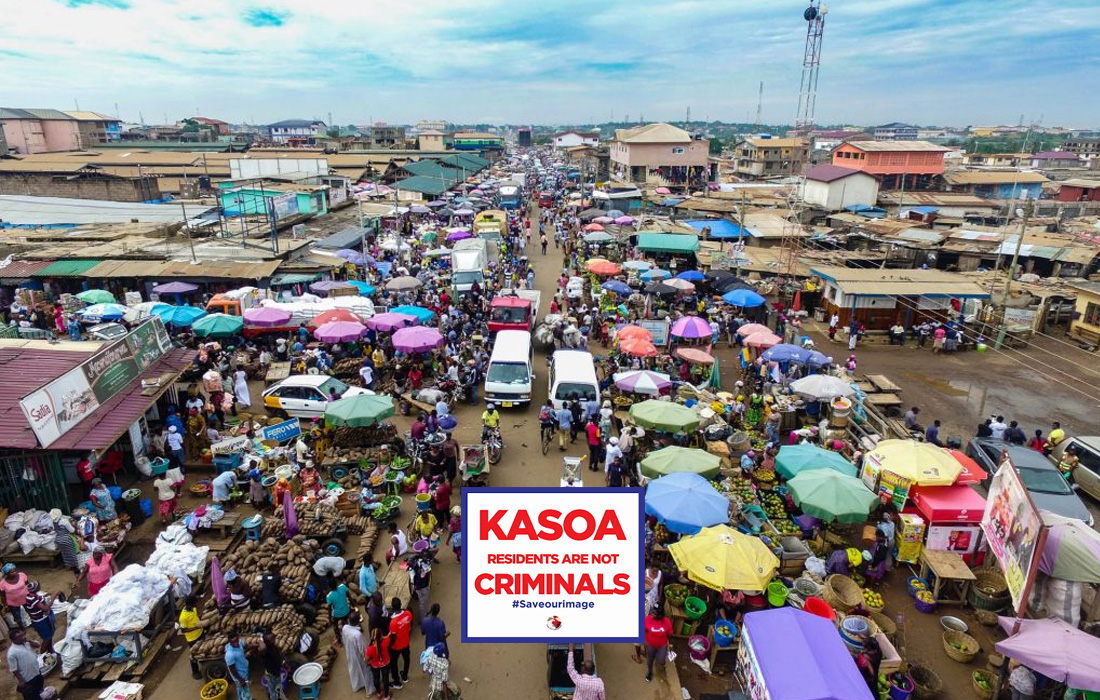Kasoa and Ashaiman have long been associated with high crime rates in Ghana, often topping the news for incidents involving armed robberies, violent assaults, and even homicides. This ongoing reputation has cast a shadow on residents, with many feeling compelled to distance themselves from their neighborhoods to avoid social rejection and prejudiced assumptions.
Ashaiman, historically recognized for its troubles, saw its notoriety peak with alarming cases of armed robberies and gang violence, incidents that only fueled stereotypes about the area. Over time, this gritty reputation caused potential romantic partners and employers to avoid those with Ashaiman addresses, fearing safety concerns and presumed association with crime. However, in recent years, Kasoa, located in the Central Region, has drawn even more negative attention due to a series of violent crimes and disturbing cases that overshadowed Ashaiman’s infamy.

One such incident in Kasoa involved a prison officer, Gideon Adu Boakye, who was lynched after being mistakenly identified as a thief while visiting his parents. Despite pleading his innocence, he faced brutal mob justice, underscoring the community’s fraught relationship with law enforcement and deep-seated mistrust, leading some residents to take the law into their own hands. Such tragic incidents of vigilantism, as seen in Kasoa, reflect broader concerns about security and law enforcement efficiency in these areas.

The brutality seen in Kasoa doesn’t stop there. A horrific event earlier this year involved the stabbing deaths of a mother and her two daughters in their home, shaking the community and leaving residents fearful. The unsolved nature of these crimes often exacerbates community fears, feeding into Kasoa’s dangerous reputation, which now surpasses even that of Ashaiman.
The stories of both areas illustrate the complex social issues and challenges faced by communities often marginalized due to the prevalence of crime and socioeconomic struggles. Addressing these deep-rooted issues would require a mix of community development, increased security, and efforts to change public perceptions so that residents no longer feel stigmatized by their neighborhood’s reputation.

















